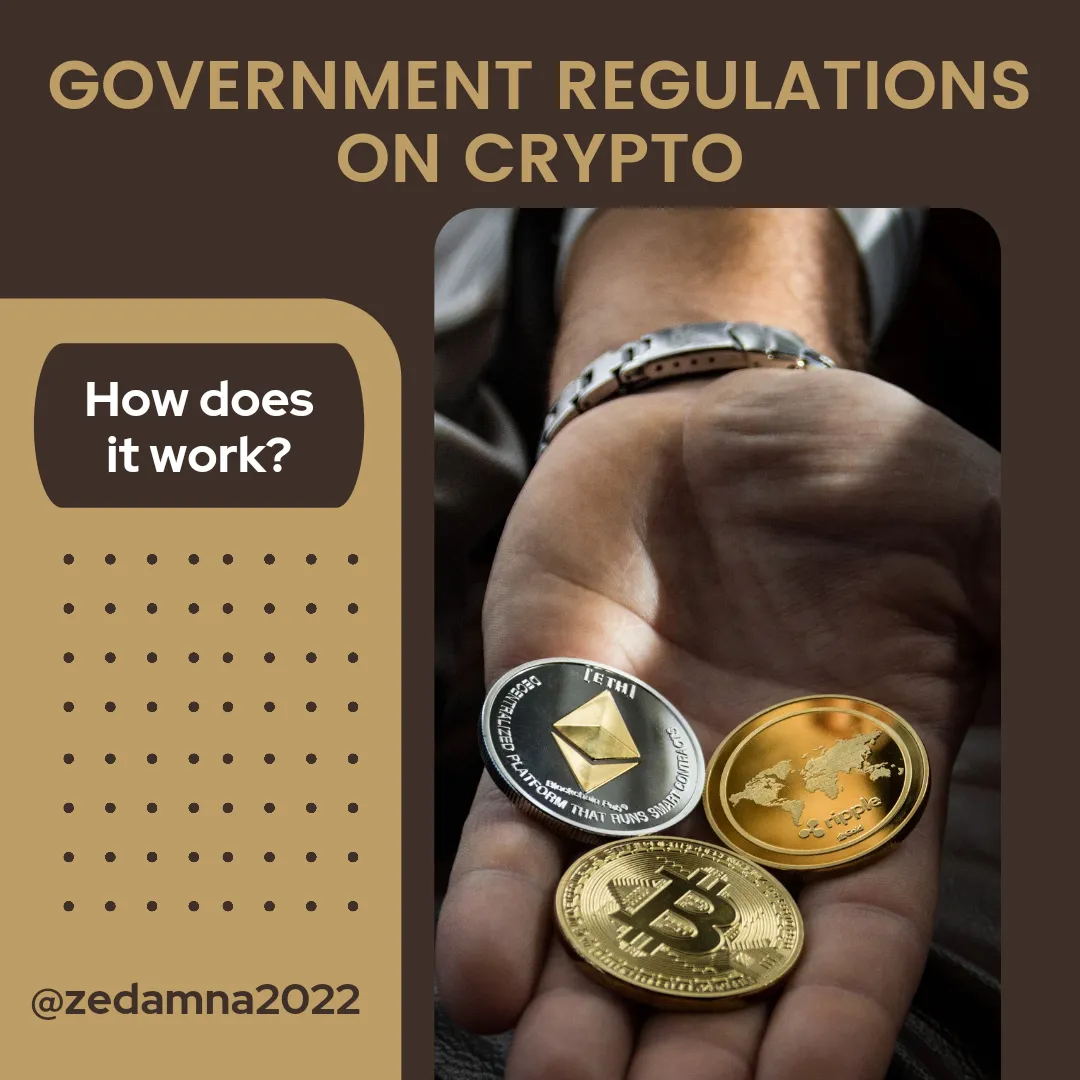
Hi Hive Lovers
This is a hot issue that is still happening to us, how should we behave towards crypto, it is very interesting for us to discuss.
Early Introduction
The basic concept of cryptocurrencies is that they are alternative instruments to fiat currencies with utility. (His dream is to become a major currency-no longer just an alternative instrument, if it is able to develop, later).
How will it work?
If a country is open to crypto assets, it means they believe in their value and future benefits.
Otherwise. If they do not believe in Bitcoin, then the use value of the digital asset will be lost and it will be lost in time.
Investors and traders as an essential sentiment in cryptocurrencies, "will read both attitudes-accept or reject crypto" as a basis for determining their move.
The meaning is, if many countries adopt crypto in their economic system, then investors or traders will compete actively and "play" in it, it is a very promising new opportunity. That will apply the basic law of the market, namely the potential increase in "demand" in the future. On the other hand, investors and traders certainly don't want to take risks if rejected by many parties, because crypto assets have no clear future. Because it could be that the demand might be little or maybe even nil.
It is a very basic mathematical calculation.
How strong is the influence of Government regulations on Crypto?
The questions above will be answered with the following questions; Where can government "intervention" affect the price of crypto assets?
(At least we can observe the various regulations that have been applied in various countries, although undergoing some changes),
I have concluded there are 3 main options as follows:
(1) The government is authorized to regulate the price of crypto assets, such as fiat currencies, through market buying and selling.
(2) The government regulates the rhythm of excessive enthusiasm for crypto assets. It does so by increasing the transaction fees of crypto assets. Very reasonable, high fees will affect the desire of investors or traders to transact.
It has been done and is valid in various jurisdictions of several countries by raising collateral in an amount equivalent to fiat currency for cryptocurrency exchanges.
(3) The government makes crypto assets scarce by controlling their mining and circulation. That is the same case as gold which is restricted in some countries.
These three choices of course have bad implications in cryptocurrencies. The main reason is that crypto assets are extra-national in nature with their decentralized system. It is scattered everywhere, in your hands, in the hands of your neighbors in various countries.
I think it will be very difficult, do you think so, right?
The regulations of each government are different, that's because there are believers, doubters and even skeptics in dealing with the growth and development of crypto assets.
**Solution**
This difficult task will become easy, if you start from between regions. For example, started by the European Union, countries that are members of the commonwealth, union countries, countries in one consensus such as Asean in Southeast Asia, and others.
If you have the same or different views, let's discuss it together
Best Regards
(Zed Amna)